The state government had announced that full enforcement of the E-Call Up system-aimed at regulating the movement of articulated trucks and tankers to prevent gridlock-would commence on June 16, 2025.
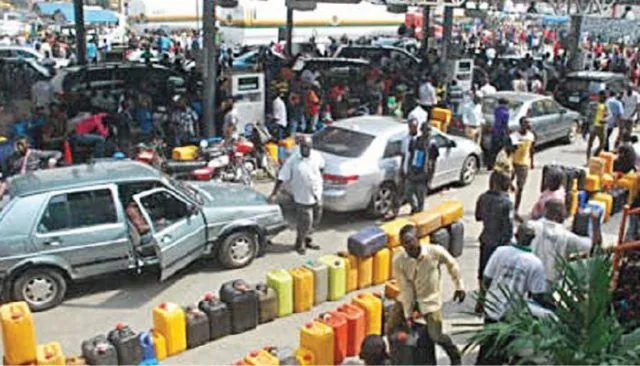
The Independent Petroleum Marketers Association of Nigeria (IPMAN) and the Nigerian Association of Road Transport Owners (NARTO) have strongly opposed the N12,500 levy per truck introduced by the Lagos State Government under its new E-Call Up System for the Lekki-Epe corridor.
The state government had announced that full enforcement of the E-Call Up system-aimed at regulating the movement of articulated trucks and tankers to prevent gridlock-would commence on June 16, 2025.
However, stakeholders in the petroleum and haulage sectors are strongly pushing back against what they deem an unreasonable cost of compliance.
In separate protest letters to the Lagos State Ministry of Transportation, both groups described the fee as an unjustified and excessive economic burden that could trigger a nationwide increase in fuel prices and severely disrupt the supply and distribution of petroleum products across the country.
NARTO, in a letter dated June 11, 2025, signed by its National President, Yusuf Lawal Othman, and obtained by SaharaReporters on Friday, reiterated its earlier call to Governor Babajide Sanwo-Olu for a downward review of the levy to N2,500 per truck.
The association stated that it had initially communicated this position to the state government in a letter dated February 26 but had yet to receive a formal response.
NARTO further accused the Ministry of Transportation of deliberately ignoring the issue of the levy in its latest correspondence dated June 10 and warned that its members would remain non-compliant unless their concerns were adequately addressed.
The letter read in part: "We acknowledge receipt of your letter dated June 10, 2025, and write in response to clarify and address certain critical issues that appear to have been either misrepresented or overlooked in the referenced communication.
"You may recall that the Nigerian Association of Road Transport Owners (NARTO) had earlier conveyed its appreciation to the Lagos State Government for the introduction of the E-Call Up System for the Lekki-Epe Corridor, a policy we recognize as a strategic initiative to ease traffic congestion and improve logistics flow along the axis.
"In demonstration of our support for this initiative, we submitted a letter dated February 26, 2025, addressed to His Excellency, the Executive Governor of Lagos State. The letter, duly acknowledged by the Office of the Chief of Staff on February 27, 2025, clearly stated our strong objection to the proposed N12,500.00 per truck levy imposed under the E-Call Up regime.
"During our subsequent engagements with your Ministry, we emphasised the economic implications of this charge, particularly on the distribution cost of petroleum products nationwide. We had respectfully proposed a downward review to N2,500.00 per truck to reflect equity, affordability, and broader national interest."
"It is therefore disappointing to note that despite repeated appeals, there has been no formal response from your Ministry regarding this critical concern. Furthermore, your recent letter of June 10, 2025, while addressing various aspects of the policy, appears to have deliberately omitted any mention of the contentious N12,500.00 levy, which remains central to our objection," the letter added.
Similarly, IPMAN, in a letter signed by its National Secretary, Hon. James Terlumun Tor, expressed dismay over what it called the Ministry's silence on the matter despite repeated appeals.
The association argued that while it supports the broader goal of improving logistics and transport coordination in Lagos, the economic implications of the high levy on fuel prices cannot be ignored.
IPMAN warned that the N12,500 charge, if allowed to stand, would ripple through the fuel value chain and result in higher pump prices, ultimately burdening ordinary Nigerians.
The letter read: "You may recall that the National Executive Committee (NEC) of the Independent Petroleum Marketers Association of Nigeria (IPMAN) had expressed profound appreciation to the Lagos State Government for the newly introduced E-Call Up System for the Lekki-Epe Corridor, which we also believe will ease or reduce transportation gridlocks along the Lekki-Epe Expressway.
"In further demonstration of our support, we forwarded a letter to His Excellency, the Governor of Lagos State, through the Office of the Chief of Staff, where we highlighted the costly implications to our members if the policy is implemented at N12,500 (Twelve Thousand Five Hundred Naira) only per truck by the Lagos State Government.
"We also recall that during the meeting, we informed the Governor of the negative consequences the proposed payment would have on petroleum product pricing nationwide, and further suggested a downward review to N2,500.00 (Two Thousand Five Hundred Naira) only per truck.
"It is therefore disheartening that despite our various appeals to the Governor for a downward review of the levy, the Ministry of Transport has remained silent.
"Flowing from the above, we wish to state that our members are in full support and ready to cooperate with the Governor-only when the levy is reviewed down to N2,500.00 (Two Thousand Five Hundred Naira) only, as stated earlier."
Both associations also voiced concern over the involvement of private consultants in administering the E-Call Up System, alleging a risk of exploitation and extortion of drivers who are already struggling in a harsh economic environment.
They demanded that the coordination of the scheme be handled solely by the Lagos State Government, without the involvement of third-party intermediaries.
NARTO confirmed that its legal counsel had already written to the Ministry of Transport on June 3, proposing an amicable resolution.
Both IPMAN and NARTO stated that they are prepared to explore legal and procedural avenues to challenge what they termed a "unilateral and economically harmful" decision by the Lagos State Government.

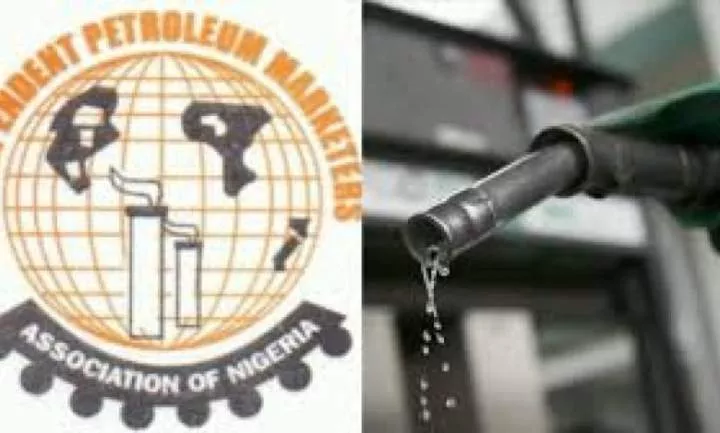
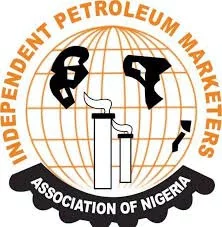
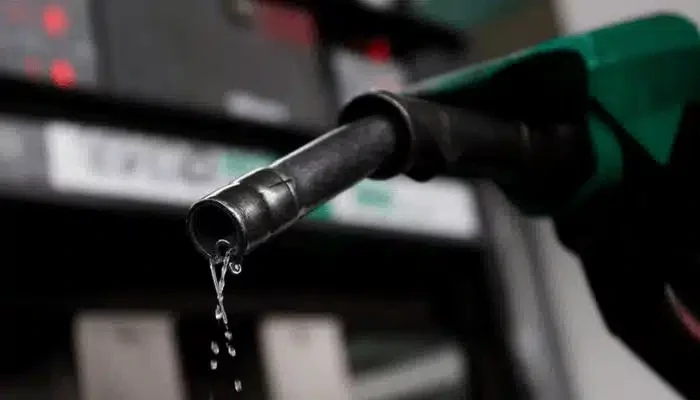
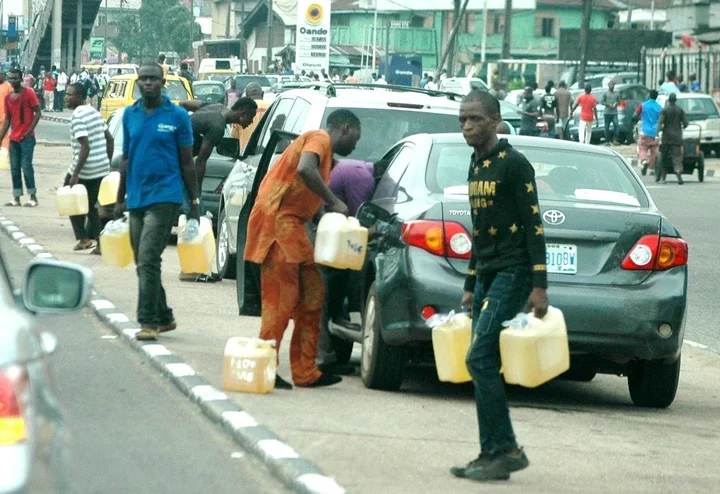
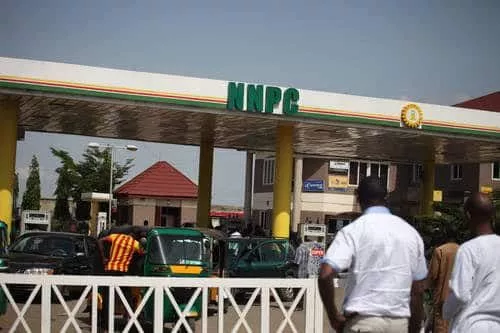

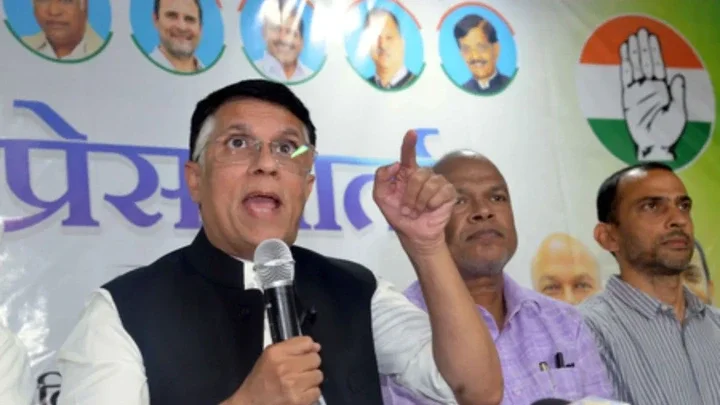

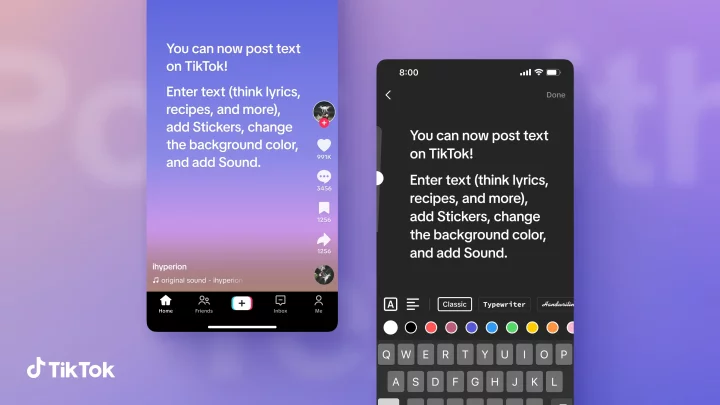



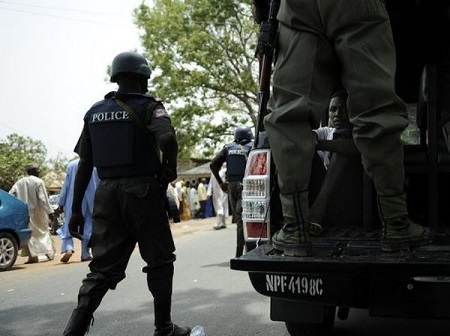



Comments